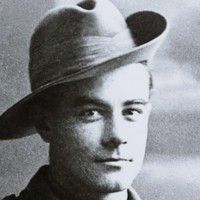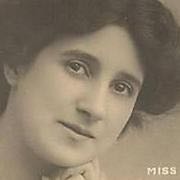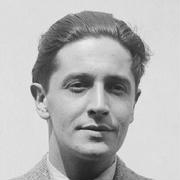Gilbert Hastings MacDermott (born John Farrell, 27 February 1845 – 8 May 1901) was an English lion comique, who was one of the biggest stars of the Victorian English music hall. He performed under the name of The Great MacDermott, and was well known for his rousing rendition of a war song he was persuaded to buy from G. W. Hunt for one guinea. The song's chorus of "We don't want to fight but by jingo if we do, We've got the ships, we've got the men, and got the money too!" introduced the word jingoism into the English language.
The song became hugely popular in 1878, so much so that the Prince of Wales, the future King Edward VII, had MacDermott sing it for him at a private audience. He was far from a one hit wonder however. In fact he had written and published several plays and acted in many of them. The war song was brought back several times by other artists and was sung in an altered version during the First World War.



